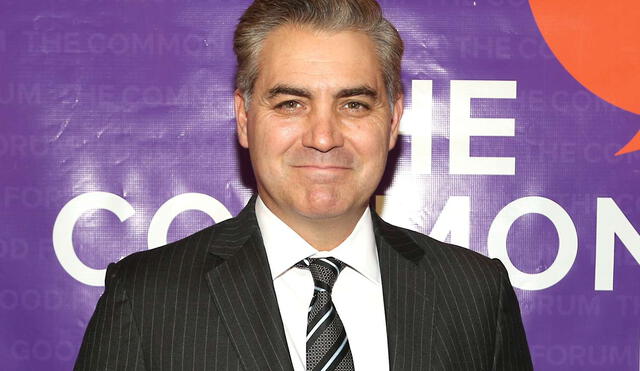Jim Acosta Departs CNN After 18 Years, Declines Late-Night Slot Amid Network Restructuring
Veteran journalist Jim Acosta has announced his departure from CNN after 18 years, declining a move to a late-night time slot amid the network's recent programming changes.

In a significant move, veteran journalist Jim Acosta has announced his departure from CNN after an 18-year tenure. Acosta, renowned for his assertive reporting style and notable confrontations with political figures, revealed that he declined an offer to transition to a late-night time slot as part of the network's recent programming changes. This decision underscores the evolving landscape of cable news and the challenges faced by journalists in adapting to shifting roles within media organizations.
CNN's recent schedule realignment included a proposal for Acosta to anchor a midnight Eastern Time slot, relocating to Los Angeles for a 9 p.m. Pacific Time broadcast. The network emphasized that this shift was not politically motivated but aimed at refreshing its line-up. However, Acosta opted to step away, expressing his commitment to holding power accountable and his reluctance to move to a less prominent time slot. Reflecting on his career, Acosta highlighted his coverage of President Obama's 2016 trip to Cuba as a pivotal moment, emphasizing the importance of press freedom and journalistic integrity.
CNN's Programming Overhaul Reflects Changing Media Consumption
The departure of a high-profile anchor like Acosta brings to light the broader challenges and transformations within the cable news industry. As audiences increasingly turn to digital platforms for news consumption, traditional networks are compelled to reassess their programming strategies to maintain relevance and viewership.
CNN's recent schedule adjustments, including the reassignment of prominent anchors and the introduction of new time slots, signify efforts to adapt to these evolving viewer habits. The network's decision to offer Acosta a late-night slot may indicate a strategic move to bolster viewership during non-peak hours, though it also raises questions about the visibility and impact of journalistic voices in less prominent time frames.
Acosta's Legacy and the Future of Journalism
Jim Acosta's tenure at CNN has been marked by his unwavering dedication to journalistic principles and his readiness to challenge authority. His confrontations with political figures, most notably President Donald Trump in his first term, have underscored the adversarial role that journalism can play in a healthy democracy.

Acosta during one of his many coverages for CNN. Photo: Axios.
As he steps away from CNN, Acosta's departure prompts reflection on the evolving role of journalists in an era of rapid media transformation. The balance between maintaining journalistic integrity and adapting to changing media landscapes remains a critical consideration for news organizations and their audiences.
